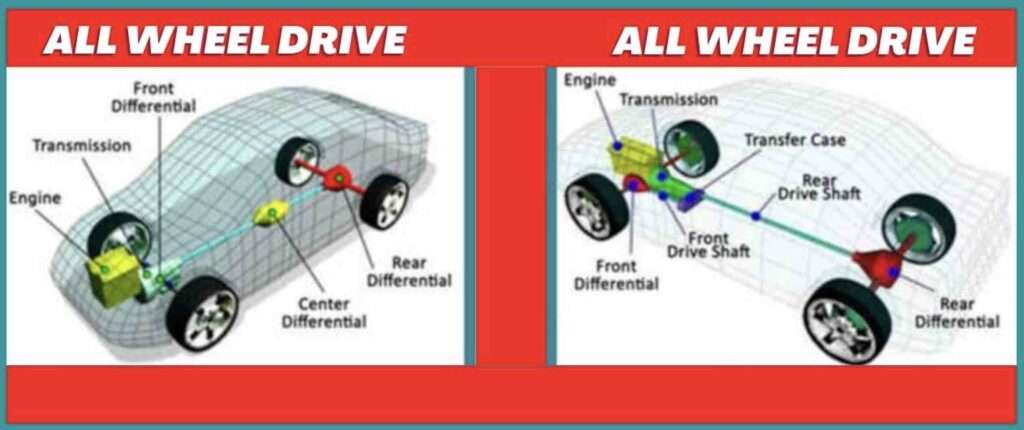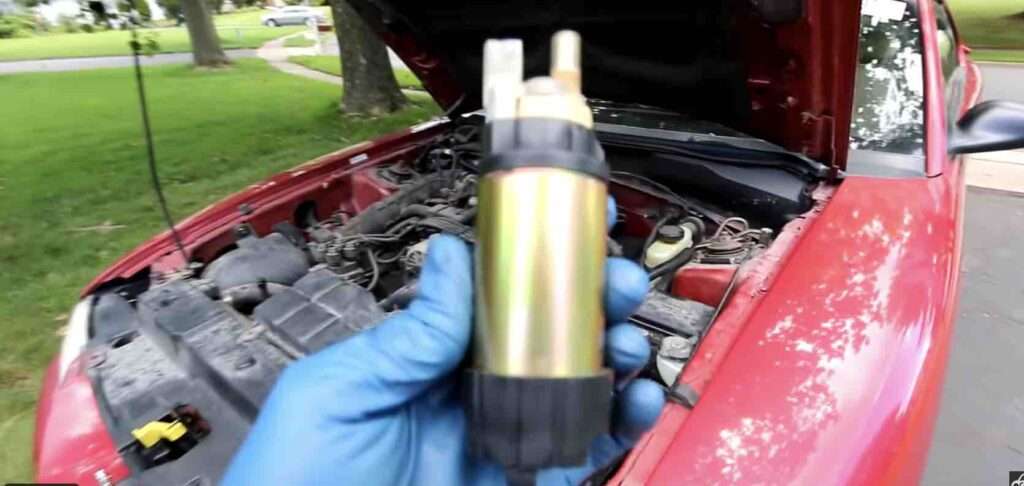It is interesting to know that the integral components of the ignition play a vital role in the build-up mechanism of the electrical systems in vehicles. So far, the Ignition Control Module (ICM) is responsible for firing the ignition coil to create and regulate the voltage the spark plugs need to ignite the air and mixture in the combustion system.
Similarly, the ignition Control Module is responsible for adequately switching off and on 12 volts to your vehicle’s ignition coil primarily from the energy supplied by the battery and the entire electrical charging system, and also enhances the car to start correctly and in a continuous smooth running.
Perchance, a failing ICM can be a real headache most times as it leaves you stranded. The primary cause of the Ignition Control Module failure is often associated with damage from heat buildup and age. The remedy for this issue is the replacement of the failed component.
Notwithstanding, this article will tend to address some typical questions, such as; what does an ignition failure sensor do, what does an ignition control module do, what happens when the ignition module goes bad, what does an ignition sensor look like on a furnace, and more to enable you to have sound knowledge.
Related Articles: When Are Ignition Modules More Prone To Fail
Ignition Modules Are More Prone To Fail When?
The Ignition Modules are prone to fail if you have heat buildup from your engine, irrespective of their heat-resistant materials. Similarly, the lifespan of the ignition modules ranges from 5 to 8 years.
This time frame depends on the vehicle model, maintenance habits, and proper electrical wiring, as it could last longer or otherwise.
What Does An Ignition Failure Sensor Do?
The failure of the ignition sensor would constitute a miss connection since its work is to gather information for the ICM from the triggering device (crankshaft position sensor) to enable the ICM to regulate your car’s ignition timing.
This bridge in link would cause the spark plugs not to have the correct voltage to initiate combustion in the combustion chamber. Finally, a failed ignition sensor will generate a total breakdown of the entire ignition system and lead to the vehicle not starting.
What Does An Ignition Control Module Do?
To understand what the ICM does, you must know the mechanism of the ignition system.
The ICM is also known as the Control Unit or an Ignitor. In most combustive vehicles, the ignition control module is near the car distribution, an enclosed rotating shaft used in spark ignition in the engine. The ICM regulates the ignition system in vehicles. This ignition system consists of cables and other components working together to generate and transport the required voltage to the spark plugs. The entire process creates a spark that raises the temperature of the air-fuel mixture to propel combustion.
Essentially, the vehicle’s ignition system receives power from the ignition coil of two copper cable winding independent of each other. Similarly, your vehicle’s ignition switch, fixed to the positive (+) terminal of the single-coil ignition, also receives electric current from the positive battery terminal. The electric current received fires the spark plugs through the distribution channel where the negative terminal is connected to the ICM, enabling the primary ignition circuit to open and close.
The ICM also collects information from triggering components, usually the crankshaft position sensor, to determine your car’s central ignition timing. However, the correct ignition timing is essential as it plays a vital role in your vehicle’s well-being and performance. In as much, the intricacies of your ignition system depend on the vehicle model. Hence, most vehicles’ PCM receives input directly from the sensors as it regulates your ICM. On the other hand, some cars have their ICM controlling the ignition timing on lower RPMs.
What Happens When The Ignition Module Goes Bad?
Since the ICM is a crucial component of the ignition systems, if it goes wrong, its failure would bring a wide range of issues such as performance problems – stalling sensation, the vehicle won’t start, misfiring engine, to mention just a few.
Although the causes of these issues emanate from the ICM when it goes lousy are faulty electrical wiring and overheating of the ignition coil in as much as it is with a heat-resistant material and open circuit spark plug. So far, don’t wait for your ICM to go lousy; regular maintenance is the correct answer, in any case!
Conclusion
To summarize this guide, ICM is one of the most sensitive parts in your engine, and however responsible for monitoring and ensuring that the spark happens with the right timing.
Without the right timing, your vehicle’s combustive system might function effectively. More to say, you would end up with more complex situations like difficulty starting, stalling, or even misfiring engines.
The mechanism of the ICM necessitates properly working the combustive systems to enable the entire vehicle to start and run smoothly.
Being a vehicle driver or vehicle owner, you should familiarize yourself with any symptom of a failed ICM as you keep in mind that some of these symptoms, which I have written in this guide, would also link to the failure of other electrical components.
You should have the best and most efficient course of action for inspecting your vehicle and performing thorough diagnostics to find out the culprit. Do like and share this informative guide with others! Related Article: How to tighten a hose clamp

Uchenna is a Radiographer and Auto parts mechanic who recently got his automotive diploma as an auto repair technician, and since then, has worked on fixing various car problems.
Working as just a radiographer, Uchenna didn’t just get all the fulfillment he desired, because he truly loved doing things tilted toward cars. As a kid, he would take apart his toy cars to see how they worked and would spend hours tinkering with his bike.
So, in 2017 he made the tough decision to become an auto mechanic. He threw himself into his studies and now loves every aspect of what he does.
He gets to work with his hands, solving problems and bringing cars back to life, and sharing his knowledge and easy quick-fix guide online are all part of what makes him feel fulfilled.



